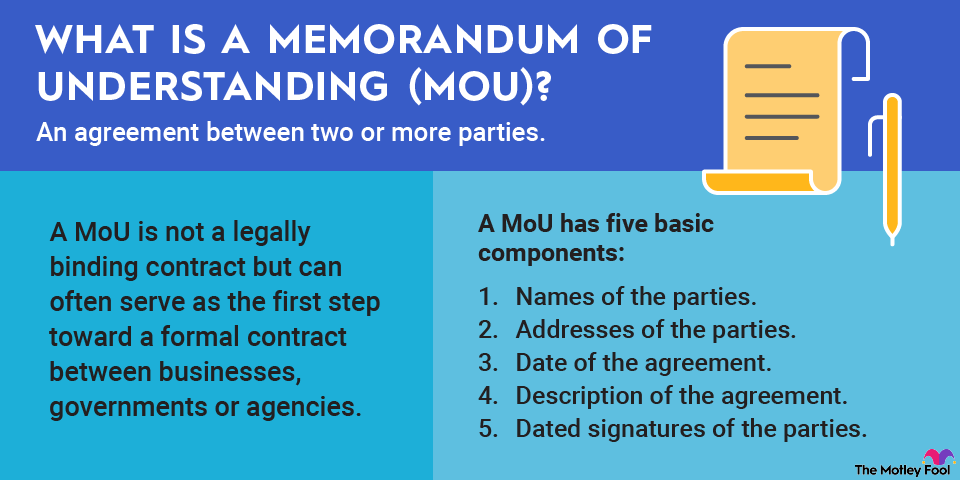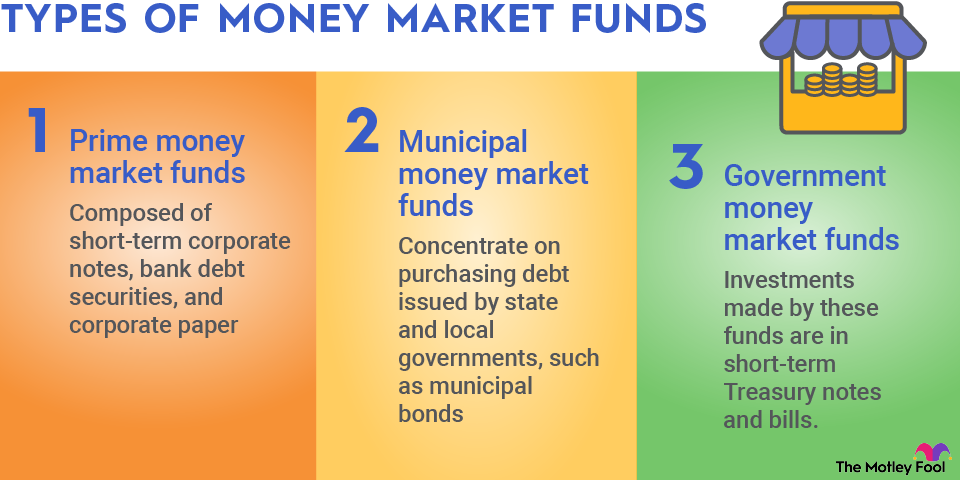Mergers and acquisitions are more than just a payday for investment bankers. They're a key tactic for growth and capital allocation, especially among big businesses.
Sometimes known as M&A, mergers and acquisitions have been valued at $100 billion or more. They can be transformative or disastrous for businesses, depending on the deal.

What are mergers and acquisitions?
Mergers and acquisitions are the umbrella term given to business combinations. When two businesses combine and form a new entity, that's the result of an M&A deal.
Mergers generally reference the combination of two businesses that are roughly the same size, while an acquisition implies a larger business taking over a smaller business and absorbing it within its operations.
Mergers often come with name and leadership changes, while the acquiring company's organization tends to remain stable in an acquisition.
Why do businesses do M&A deals?
There are a lot of different arguments and justifications for M&A deals.
Generally, they take place because the acquirer sees a strategic opportunity in the acquisition or both companies believe the company will be stronger as a single unit, in the case of a merger.
Sometimes, there's a trend in an industry toward consolidation. In the media industry, for example, there have been a number of mergers and acquisitions in the streaming sector as legacy media companies and others are aiming to build content libraries and scale to compete successfully in streaming.
In other instances, a company may acquire another business to diversify into a new market or geography or to vertically integrate either downstream or upstream, moving closer to the customer or to the raw materials required to make the product.
A company may make an acquisition to take control of a particular product or intellectual property like a patent. Sometimes, a business might acquire a smaller company for its talent or leadership, which is derisively known as an acqui-hire.
What are the risks of mergers and acquisitions?
Although M&A deals are a popular tactic for growing a business and adding value, the strategy doesn't always pan out, and mergers aren't as easy as they seem in the boardroom.
There are a number of risks and pitfalls involved in the process. Among the biggest is the cultural fit. If the two companies have much different cultures, the absorbed employees are unlikely to feel at home.
AT&T's acquisition of Time Warner was plagued by a culture clash since AT&T was much more conservative and formal than the more freewheeling Time Warner. Similarly, Walmart's takeover of Jet.com led to Walmart banning alcohol and profanity from Jet's offices before reversing that decision after a protest.
Similarly, deciding on new leadership can also be a pitfall since the absorbed employees may prefer to work for their former executive team, and making a new leadership team for a new company is not easy.
Another common risk is that a company overpays in an acquisition. To buy out a company, the acquiring business often has to pay a premium, buying the company for significantly more than the existing stock price. To justify that, the target business has to deliver extra value to the acquirer. If the deal goes bust, as it did with Time Warner and AT&T, that can make it especially costly.
Finally, there's the risk that the strategic rationale behind the deal is poorly thought out. AT&T acquired DirecTV in 2015, for example, buying a declining satellite TV business that would soon be worth much less than the $67 billion it paid for it.
Related investing topics
An example of a merger or acquisition
One recent high-profile merger was the creation of Warner Bros. Discovery, which was formed by the combination of Discovery Communications with Warner Media, the renamed Time Warner that was spun off by AT&T.
Discovery was searching for a partner to beef up its content library for the streaming era, and AT&T was anxious to get Warner Media off of its books after its acquisition of Time Warner went sour.
Since combining, the new company has launched a new streaming service, Max, which includes content from both Discovery and Warner Media properties like HBO.
However, the stock has struggled since the merger amid broader challenges in the streaming industry.
Looking ahead, we could see mergers and acquisitions pick up in the next bull market as businesses could get more aggressive with spending and growth opportunities, but investors should be careful to scrutinize each M&A deal before deciding if it's a winner.


















